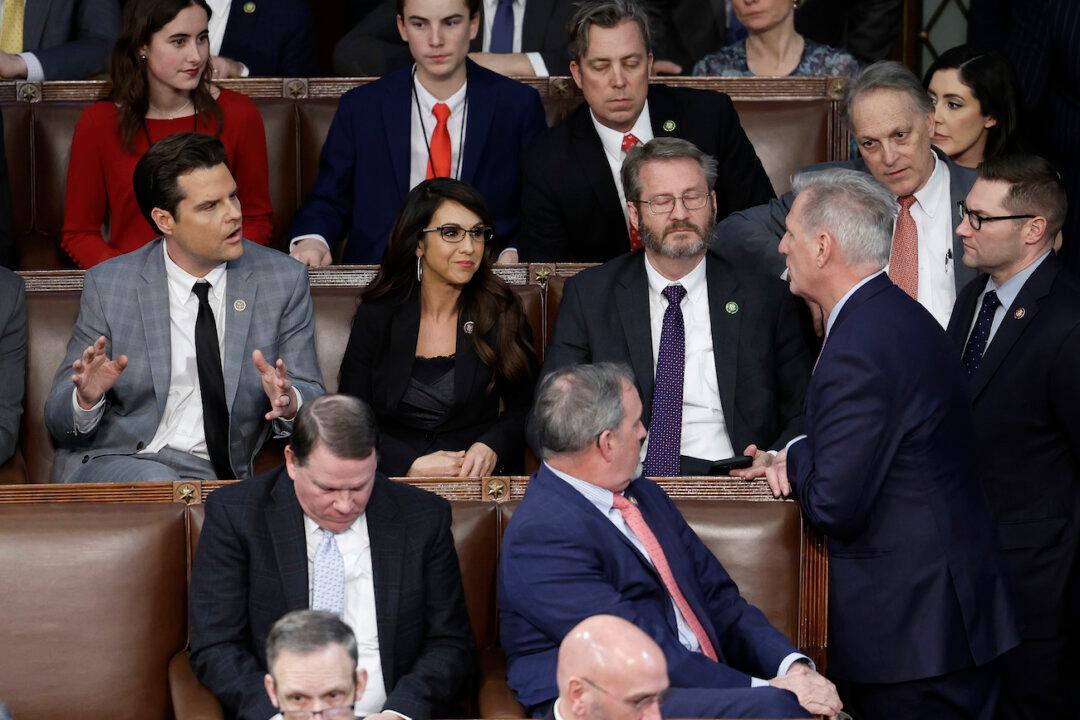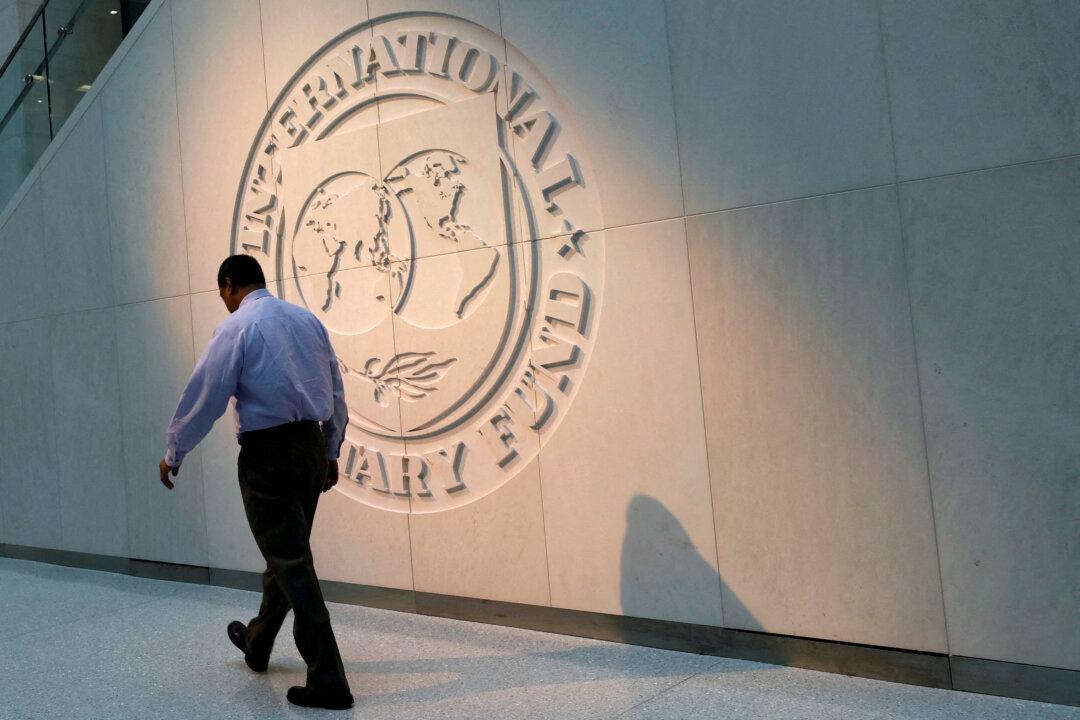After several days, 15 rounds of voting, and tough negotiations with 20 holdout Republicans, Rep. Kevin McCarthy (R-Calif.) was sworn in as speaker of the House of Representatives shortly after midnight on Jan. 7. Conservative groups declared a victory after the speaker offered several concessions to holdouts, the majority of whom are members of the House Freedom Caucus.
Russ Vought, president of the conservative Center for Renewing America, released a statement on Jan. 9, calling the agreement “transformational in how the House of Representatives should be run.”




